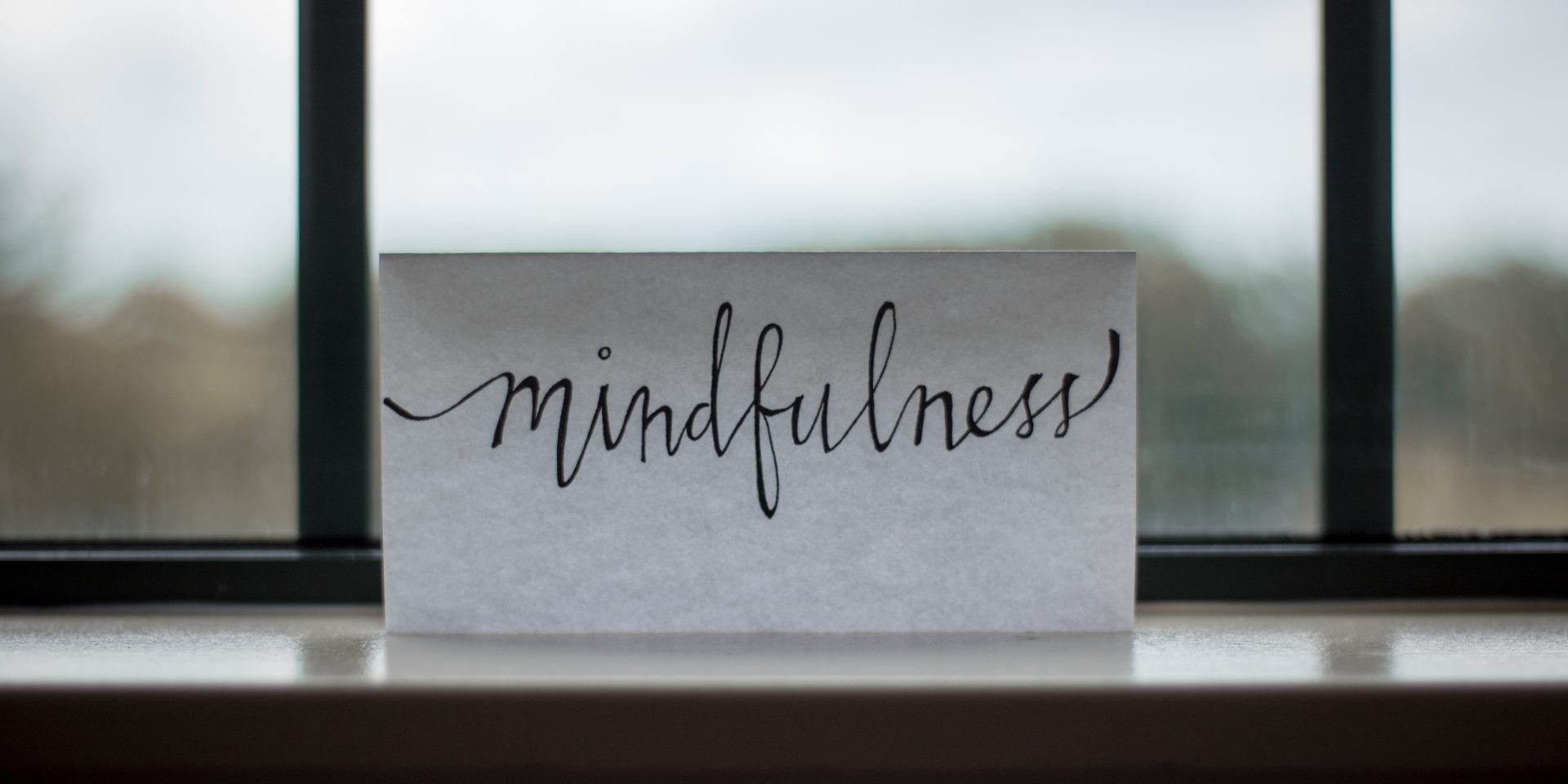positive psychology & mindfulness
One cannot live without the other!
How positive psychology and mindfulness are linked with each other? The outcomes of mindfulness are interwoven with the principles of positive psychology.
ESCAPING ANXIETY!
Positive psychologists suggest that a relaxed mind leads to a healthy and stress free body, as they coexist. Psychology has proven that mindfulness can help us escape the vicious cycle of negative thinking, and step outside our core impulses and emotions. So it can help reset our brain and see ourselves under a different light. But how positive psychology and mindfulness are linked with each other? The answer lies in the outcomes of mindfulness (empathy, positive thinking, better quality of relationships, etc.), that are interwoven with the principles of positive psychology. Mindfulness however, is not a new concept. It has existed in Buddhism for over two thousand years. Recent research has made several findings suggesting this ‘enhanced self-awareness’ diminishes stress and anxiety.
Benefits of mindfulness!
Being mindful of your thoughts and feelings leads to wellbeing
Even though self regulation seems to contradict the essence of mindfulness, it is a step towards fulfillment. Having control over your thoughts and impulses can lower your stress and lead towards more positive thinking. It is useful to practice mindfulness in positive psychology as a tool for general physical and mental health. Furthermore, mindfulness can improve your working memory. That is the memory system that temporarily stores information in our minds for further recall and future processing and attention. It also helps to make better use of your strengths. When you recognize your strong points and inner feelings, you have more chances to pursue your goals and achieve them. Mindfulness is the path that leads to making your dreams come true.
Can make you more resilient and stress free
Resilience is basically one’s ability to adapt in new situations and recover from difficulties. Learning from experiences and adapting to changes, shows a person with strong self regulation and a step closer to less stress. So committing in practicing mindfulness can change the way our brain reacts to setbacks and improve our ability to make better decisions. Every time you feel stressed about something you come one step closer to developing an anxiety disorder. But that can be prevented if you practice some mindfulness techniques that can reduce your stress levels and how you react in situations that trigger anxiety.

Is mindfulness just a trend?
Mindfulness is often mentioned in positive psychology. It is used as a tool and a helpful technique that can be applied in a wide range of contexts. For example, someone can use it as a self care technique, in order to reduce stress, and practice it any time, anywhere. Another example of practicing mindfulness in positive psychology is in work environments, so employees can feel less anxious and boost their overall wellness. Is also used as a therapeutic tool by Acceptance and Commitment Therapy (ACT) and in Cognitive Therapy (CT). Both techniques help the patients deal with strong emotions and anxiety, while they promote acceptance and compassion. The patients learn to adapt in difficult situations and eventually move on, accept things as they are rather than reject their reality and be more focused on the present.
Some thoughts
We should keep in mind that in therapy there is not a one fit all approach. So what works for one person might not fill the needs of someone else, that is why therapists adapt their methods according to each patient and the reason why so many approaches exist. However, mindfulness techniques have been proven to be beneficial when used over time and added to sessions or as homework without interfering with other treatments. Furthermore, the immediate changes to the brain after mindfulness sessions, can lead to improvement on how clients handle stress, how they maintain and value their relationships. They are also able, to set realistic and manageable goals and have a better wellbeing.



